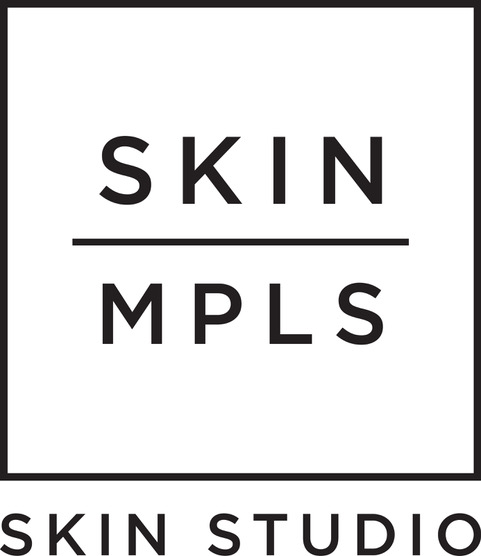Do Better Poops Equal Better Skin?
The gut-skin connection is not just a theory; your skin and your gut have a relationship in which the health of one affects the other and vice versa. Certain probiotic strains are even proven to reduce acne on the skin. But is treating acne as easy as taking a pill because your gut-skin axis is off? Or is your acne due to something completely different? Read our thoughts here!
In a very simple skin-gut reaction relationship example, research from the mid-1900s showed that the gut could cause acne in the form of blood sugar spikes causing pimples. Now, recent years of research have revealed more intricate gut-skin reactions.
There are even similarities in the makeup of the outer layer of your skin and the inner linings of your GI tract. Both are home to diverse microorganism communities filled with beneficial and potentially harmful bacteria, viruses, and fungi.
Can you control your gut?
Much of your gut microbiome is assigned at birth and some are dealt a better gut than others. However, environmental factors like climate, outside toxins, and medications can all affect the pathogens in your gut (and on your skin). Your diet is, of course, a factor too. Refined carbs, sugar, and saturated fats are hard on the colon, while fibrous vegetables, fermented foods, antioxidants, and meaningful proteins are known to fuel good gut bacteria. You'll recall that Dr. Fulton taught us a low-glycemic diet is the best for acne-prone skin. Just like being prone to acne, the gut biome you're born with isn't your fault, but the decisions you make will significantly impact it.
The tricky thing is that not everyone knows if their gut is healthy. We get accustomed to feelings of constipation, bloating, gas, and discomfort and have a hard time knowing what's "normal." Let's simplify it, though; you can't deny you feel better when you poop and worse when you don't. If you aren't pooping regularly, or you have disappointing poops, then there may be a backup in your colon that's creating a hostile environment that could lead to skin problems as well. Unfortunately, no one talks about poop after you are over the age of five, which leaves decades of missed opportunities to treat your gut!
There are endless remedies, theories, and treatments that people swear by for regular poops, and taking a probiotic is the easiest leading option. The probiotic strain lactobacillus rhamnosus SP1 has been shown in studies to be an acne-reducing probiotic that improves the appearance of acne. If you are looking for where to start, try Face Reality's Clear Skin Restore supplement, it contains lactobacillus rhamnosus SP1, as well as other tested and proven probiotics, to help your skin.
Even if it's not the cure for your acne, since it may improve your acne, it can't hurt to try it. But take Dr. Fulton's advice, too, and be mindful of your diet as well. Face Reality's Restore supplement also includes antioxidants and anti-inflammatories in the form of vitamin C, niacin, and zinc. Both the skin and the gut need different nutrients to work properly, which is one of the best parts of the supplement – it's a whole cocktail of ingredients and nutrients to help your skin and gut heal. (If you're looking for even more skin health through supplements, consider Face Reality's companion supplement, Clear Skin Balance.)
